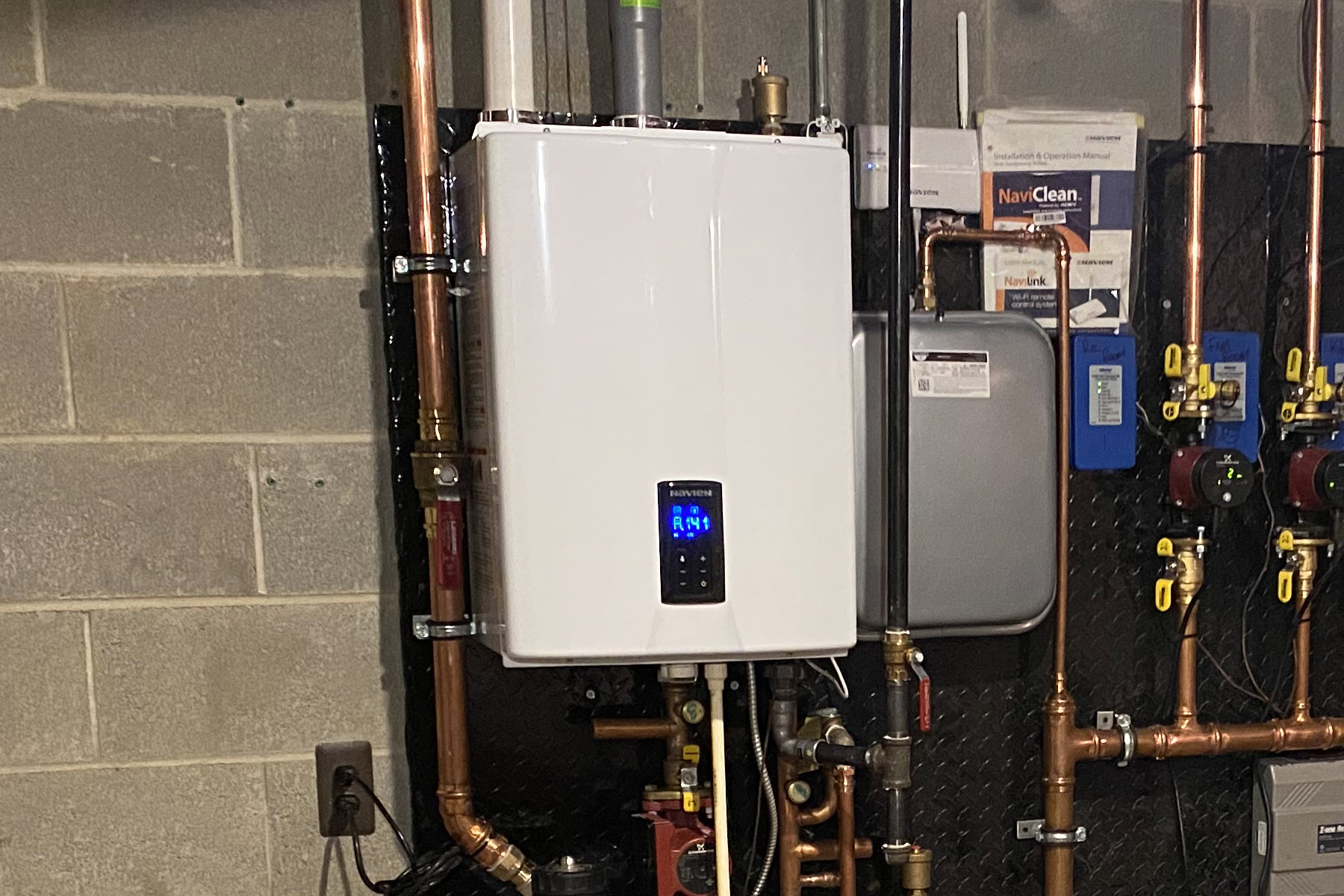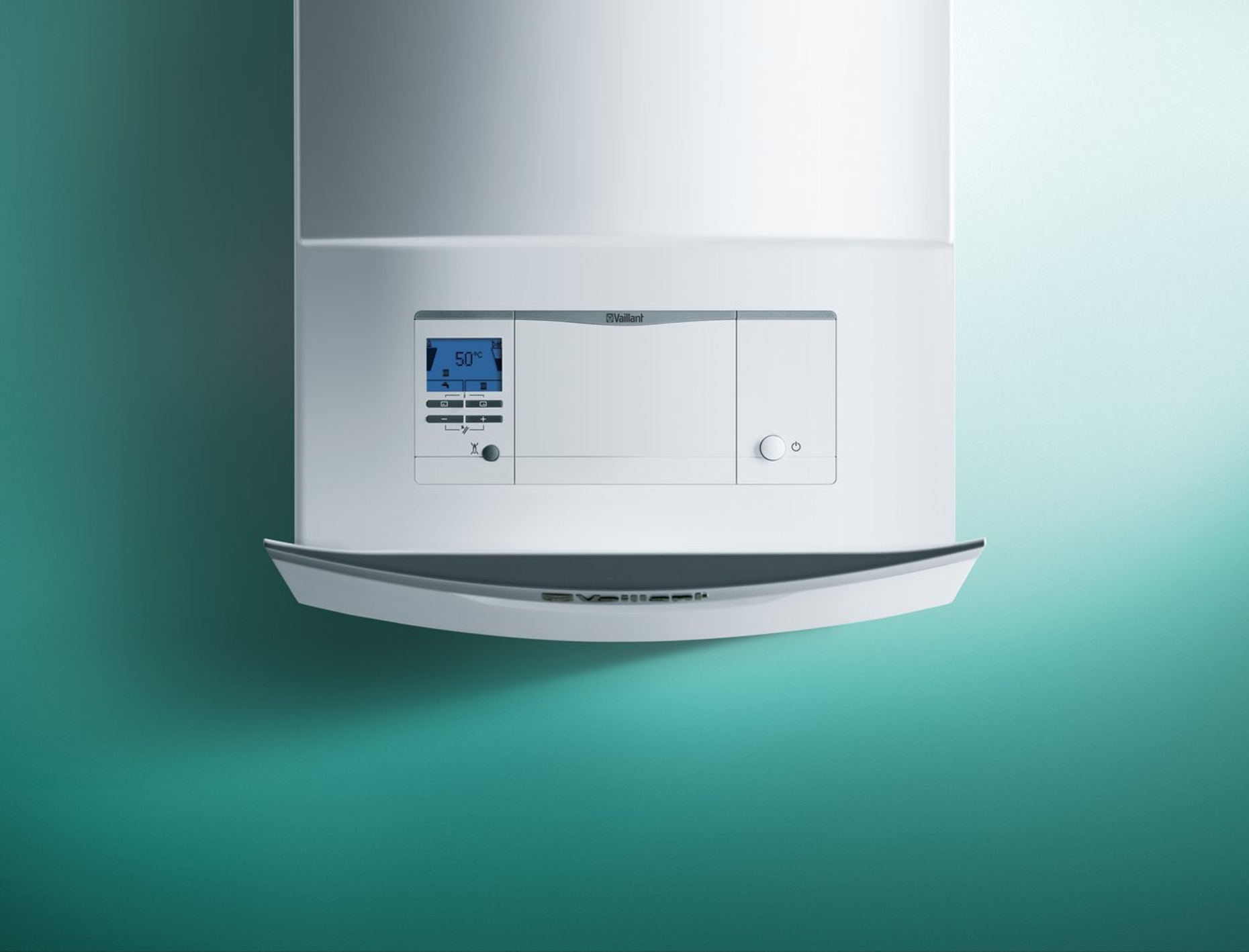Your boiler has stopped working and you’re seeing an L2 fault code on the display. This cryptic error message can leave you feeling frustrated and uncertain about what’s gone wrong. An L2 boiler fault typically indicates a flame sensing issue that prevents your boiler from operating safely. As experienced heating engineers at Celmeng Group in Birmingham, we’ve diagnosed and resolved countless L2 boiler faults across the West Midlands. This comprehensive guide will help you understand what’s causing this problem and what steps you should take to get your heating back up and running.
Understanding boiler fault codes is crucial for every homeowner. When your boiler displays an L2 error, it’s essentially telling you that the system cannot detect a proper flame, even though gas is being supplied. This safety mechanism prevents dangerous situations but leaves you without heating or hot water until the issue is resolved.
What Is an L2 Boiler Fault?
An L2 boiler fault is a diagnostic code that appears on certain boiler models when the system fails to detect a flame during the ignition process. This error primarily affects Worcester Bosch boilers, though similar codes may appear on other manufacturers’ units under different designations.
The L2 fault occurs when your boiler attempts to ignite but cannot confirm that a stable flame has been established. Modern boilers use flame detection sensors to monitor combustion continuously. When these sensors fail to detect the expected flame signal, the boiler automatically shuts down as a safety precaution.
This fault code serves as an important safety feature. Without proper flame detection, your boiler could potentially allow gas to flow without ignition, creating a hazardous situation. The L2 error ensures your system remains safe while alerting you to the underlying problem.
Common Causes of L2 Boiler Faults
Faulty Flame Sensor
The flame detection sensor, also known as a flame rod or ionisation probe, is the most common culprit behind L2 faults. This component sits near the burner and uses electrical conductivity to confirm flame presence. Over time, these sensors can become dirty, corroded, or damaged.
Soot buildup on the sensor surface prevents accurate flame detection. Similarly, corrosion can interfere with the electrical connection, causing false negative readings. In some cases, the sensor may become physically damaged due to thermal stress or poor maintenance.
Gas Supply Issues
Insufficient gas pressure or supply problems can trigger L2 faults. If your boiler cannot receive adequate gas flow, it may struggle to maintain a stable flame or fail to ignite altogether. This could result from a closed gas valve, low gas pressure in your supply line, or issues with the gas meter.
External factors such as high demand on the gas network during cold weather can also reduce available pressure. Additionally, problems with your internal gas pipework or connections may restrict flow to the boiler.
Blocked or Dirty Burner
A dirty or obstructed burner assembly can prevent proper flame formation, leading to L2 errors. Dust, debris, or corrosion within the burner can disrupt gas flow patterns and affect flame stability. This is particularly common in older boilers or systems that haven’t received regular maintenance.
Insufficient ventilation around the boiler can also contribute to burner problems. Poor airflow may result in incomplete combustion or flame disturbance, triggering safety shutdowns.
Electrical Connection Problems
Loose or corroded electrical connections between the flame sensor and the control board can cause L2 faults. These connections may deteriorate over time due to heat cycling, moisture, or general wear. Even minor connection issues can prevent proper signal transmission.
Wiring problems within the boiler’s control system may also interfere with flame detection circuits. Age-related degradation of internal wiring is particularly common in boilers over ten years old.
Immediate Steps When You See an L2 Fault
Safety First
When you encounter an L2 boiler fault, your first priority should be safety. Turn off your boiler using the main power switch and allow it to cool completely. Check for any unusual smells, particularly gas odours, around the boiler area.
If you detect any gas smell, do not attempt to restart the boiler. Open windows for ventilation, avoid using electrical switches or naked flames, and contact the National Gas Emergency Service immediately on 0800 111 999.
Basic Troubleshooting
Once you’ve confirmed there are no immediate safety concerns, you can perform some basic checks. Ensure your gas supply is turned on at the meter and that other gas appliances in your home are working normally. Check that the boiler’s electrical supply is functioning by confirming the display is active.
Look for any obvious signs of damage or loose connections around the boiler, but do not attempt to dismantle any components. Modern boilers contain complex safety systems that require professional attention.
When to Call a Professional
An L2 boiler fault requires professional diagnosis and repair. While basic checks can help identify obvious issues, the underlying causes typically involve internal components that only qualified Gas Safe engineers should handle.
Contact a certified heating engineer as soon as possible, especially during cold weather when heating is essential. At Celmeng Group, we provide emergency callouts throughout Birmingham and surrounding areas, ensuring rapid response times when you need heating restored quickly.
Professional Diagnosis and Repair Process
Initial Assessment
A qualified engineer will begin by confirming the L2 fault code and reviewing your boiler’s service history. They’ll examine the overall condition of your system and check for any obvious external factors that might contribute to the problem.
The engineer will also test your gas supply pressure and flow rates to ensure adequate fuel delivery. This step helps eliminate supply-related causes before focusing on internal components.
Flame Sensor Inspection
The flame detection sensor receives primary attention during L2 fault diagnosis. The engineer will carefully remove and inspect the sensor for signs of contamination, corrosion, or damage. Cleaning the sensor with appropriate materials often resolves the issue.
If cleaning proves insufficient, the sensor may require replacement. Modern flame sensors are precision components, and even minor damage can prevent proper operation. Your engineer will test the new sensor thoroughly before completing the repair.
Comprehensive System Check
Beyond addressing the immediate L2 fault, a professional service includes checking related components that could contribute to the problem. This includes inspecting the burner assembly, gas valve operation, and electrical connections throughout the system.
The engineer will also verify that your boiler’s ventilation and flue systems are functioning correctly. Poor ventilation can contribute to combustion problems that trigger L2 faults repeatedly.
Preventing Future L2 Boiler Faults
Regular Professional Servicing
Annual boiler servicing by a Gas Safe registered engineer is the most effective way to prevent L2 faults. During a service, the engineer cleans and inspects the flame sensor, burner assembly, and all related components. This preventive maintenance identifies potential issues before they cause system failures.
Regular servicing also maintains your boiler warranty and ensures optimal efficiency. A well-maintained boiler is less likely to develop the contamination and wear that commonly cause L2 faults.
Maintaining Adequate Ventilation
Ensure your boiler area remains well-ventilated and free from obstructions. Good airflow around the appliance supports proper combustion and reduces the risk of flame stability issues. Avoid storing items near your boiler that could restrict air circulation.
Keep external flue terminals clear of debris, snow, or vegetation that might affect exhaust gas flow. Blocked flues can cause combustion problems that trigger safety shutdowns.
Recognising Warning Signs
Learn to identify early warning signs that might indicate developing problems with your boiler’s flame detection system. Unusual noises during startup, intermittent operation, or frequent lockouts may signal emerging issues with the flame sensor or related components.
If you notice these symptoms, arrange a professional inspection promptly. Early intervention often prevents complete system failure and reduces repair costs.
Cost Considerations for L2 Fault Repairs
Typical Repair Costs
The cost of resolving an L2 boiler fault varies depending on the underlying cause. Simple sensor cleaning might cost between £80-£120 for a standard callout and service. Flame sensor replacement typically ranges from £150-£250, including parts and labour.
More complex issues involving gas valve problems or extensive electrical work can cost significantly more. However, most L2 faults are relatively straightforward to resolve when diagnosed by experienced professionals.
Emergency vs. Scheduled Repairs
Emergency callouts during evenings, weekends, or bank holidays typically incur higher charges than scheduled appointments. However, the cost difference is often justified when you consider the discomfort and potential secondary damage from extended heating outages.
At Celmeng Group, we provide transparent pricing for both emergency and routine repairs, helping you make informed decisions about your heating system maintenance.
Why Choose Professional L2 Fault Resolution
Safety and Legal Compliance
Gas boiler repairs must be completed by Gas Safe registered engineers to ensure safety and legal compliance. Attempting DIY repairs on gas appliances is illegal and extremely dangerous. Professional engineers have the training and certification necessary to work safely with gas systems.
Our team at Celmeng Group holds full Gas Safe registration and comprehensive insurance, providing peace of mind with every repair. We follow all current regulations and industry best practices to ensure your heating system operates safely and efficiently.
Long-term Reliability
Professional repairs address not only the immediate L2 fault but also underlying conditions that might cause future problems. Experienced engineers can identify worn components, inadequate installations, or maintenance issues that contribute to recurring faults.
This comprehensive approach reduces the likelihood of repeat failures and extends your boiler’s operational life. Quality repairs performed to manufacturer standards also preserve warranty coverage and maintain system efficiency.
Your Next Steps for L2 Boiler Fault Resolution
Don’t let an L2 boiler fault leave you without heating and hot water. Contact Celmeng Group today for rapid, professional diagnosis and repair of your boiler fault. Our experienced Gas Safe engineers provide same-day service throughout Birmingham and surrounding areas, with transparent pricing and guaranteed workmanship.
Call us now on 0121 608 0460 for immediate assistance, or visit our website at celmeng.co.uk to schedule an appointment. Our team is ready to restore your heating system’s reliability and ensure your home stays warm and comfortable throughout the year.


